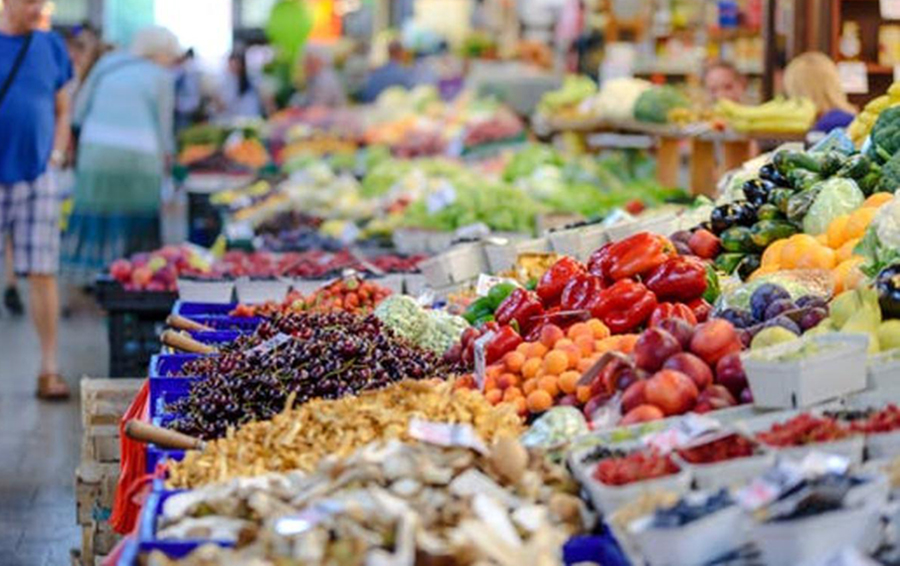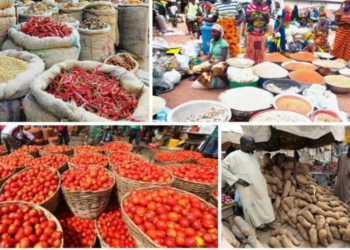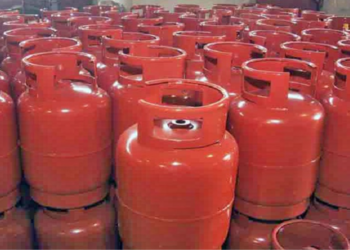Nigeria’s inflation rate dropped marginally to 15.6% in January 2022, representing a reversal from the uptick recorded in the previous month, when it increased to 15.63% in December 2021.
This is according to the consumer price index report, released by the National Bureau of Statistics (NBS).
On a month-on-month basis, the headline index increased to 1.47% in January 2022, this is 0.34% points lower than 1.82% recorded in December 2021.
The percentage change in the average composite CPI for the twelve-month period ending January 2022 over the average of the CPI for the previous twelve-month period was 16.87%, showing 0.08% point decline from 16.95% recorded in December 2021.
 Food inflation
Food inflation
Food inflation, which accounts for all volatile agricultural produce decreased to 17.13% in the review month, from 17.37% recorded in the previous month.
According to the report, the rise in the food index was caused by increases in prices of bread and cereals, food product, potatoes, yam and other tubers, soft drinks, oils and fats and fruit.
The average annual rate of change of the Food sub-index for the twelve-month period ending January 2022 over the previous twelve-month average was 20.09%, 0.31% points from the average annual rate of change recorded in December 2021 (20.40%).
Core inflation
Also, the ‘’All items less farm produce’’ or Core inflation, which excludes the prices of volatile agricultural produce stood flat at 13.87% in January 2022, the same as recorded in December 2021.
The highest increases were recorded in prices of Electricity, Liquid fuel, wine, tobacco, spirit, solid fuels, cleaning, repair and hire of clothing, shoes and other footwear, other services in respect of personal transport equipment, other services, and pharmaceutical products.
Meanwhile, the average 12-month annual rate of change of the index was 13.33% for the twelve-month period ending January 2022; this is 0.17% points higher than 13.16 percent recorded in December 2021.
State inflation
In January 2022, all items inflation on year-on-year basis was highest in Abuja (18.59%), Kogi (18.28%) and Bauchi (17.61%), while Kwara (12.94%), Niger (14.10%) and Oyo (14.19%) recorded the lowest rise.
In terms of food inflation, the states with the highest rate in the month of January 2022, includes Kogi (22.61%), Enugu (19.84%) and Akwa-Ibom (19.67%), while Sokoto (14.18%), Bauchi (14.63%) and Kaduna (15.01%) recorded the lowest rise in the review month.
Why this matters
The consumer price index is used to measure the rate of inflation in Nigeria and gives a picture of the status of the purchasing power of Nigerians at a point in time. The inflation rate at 15.6% although lower than the previous month, shows that the prices of food and services in the country has increased by over 15% in January 2022 compared to the corresponding period of the previous year.
This means that the purchasing power of Nigerians have grown weaker in January compared to the previous month, as inflationary pressure continues to erode the income of average Nigerians.























